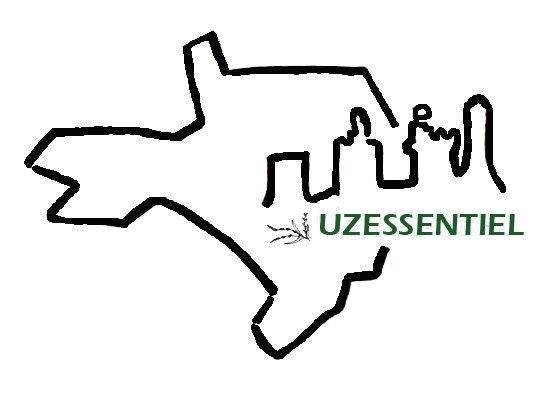Coffee: History, legends, quotes, and much more
FR - Part two of UzEssentiel's feature on coffee.
Etymology
In classical Arabic, qahwah refers to a stimulating drink. The Turkish derivative, kahve, gives us the name: coffee.

Legends surrounding coffee
The best known is undoubtedly that of the monks of Chehodet Monastery in Yemen. One day, a monk met a shepherd whose flock was always full of energy. The goats and camels ate berries with tonic properties. The monk decided to use these berries to prepare an energy drink.
The archangel Gabriel came to the aid of the tired prophet Muhammad and handed him a potion sent especially by Allah, qawa. Muhammad then felt ready to continue on his way.
Numerous legends take us on a journey from Mocha in Yemen to the high plateaus of Abyssinia, from Syria to Egypt, and to Vietnam.
Quotes
According to French writer Courteline, “it is easier to change religion than coffee,” and according to American author and cartoonist Scott Adams, “the boss is the one who can take the last drop of coffee without having to make more.”
For French writer Honoré de Balzac, “the coffee counter is the people's parliament,” while for Talleyrand, “coffee is black as the devil, hot as hell, pure as an angel, and sweet as love.” What can we add?

Coffee spreading...
Coffee was subject to numerous sanctions over the centuries. It was banned by the Sultan of Mecca, the Bey of Cairo in 1511, Grand Vizier Köprülü in 1656, Landgrave Frederick of Hesse in 1773, Charles X of England for... 10 days, and also by the Mormons.
But coffee gradually gained everyone's respect.
During the reign of Suleiman the Magnificent (1520-1566), many establishments offered the beverage. Coffee seemed to be particularly popular among the educated classes, and was even nicknamed the milk of thinkers.
In Italy, the first establishment dedicated to this drink seems to have opened its doors in 1640 in Venice. By 1763, it was being enjoyed in 218 establishments.
A few dates
1644, arrival in France thanks to merchants from Marseille coming from the East. In 1671, it became possible to enjoy coffee while playing cards and discussing business in certain taverns. Soon, Lyon, Toulouse, Bordeaux, and Paris followed suit. It even seems that Louis XIV liked to prepare his own coffee.
In 1652, coffee attempted to steal tea's thunder on its sacred territory. England was gradually won over, and private salons provided good publicity. In 1670, European colonists introduced coffee to the United States. It quickly gained an excellent reputation by the end of the 18th century. In 1679, the first coffeehouse opened in Hamburg, on the initiative of an English merchant.
In 1683, the Ottomans left Vienna after a long and painful battle and a heavy defeat. Bags of coffee beans were found in their camps. A Pole, Kolschitsky, who had lived in Turkey, immediately understood their value and soon after introduced this new drink to Vienna.
In 1690, the Dutch seized some coffee plants in Mocha, Yemen. The French, English, Spanish, and Portuguese brought the precious beans back from Arabia and Africa.
Coffee plantations then began to flourish. In India, Cuba, but also in the Dominican Republic, Guatemala, Mexico, Colombia, Venezuela, Ecuador, Brazil, Indonesia...






